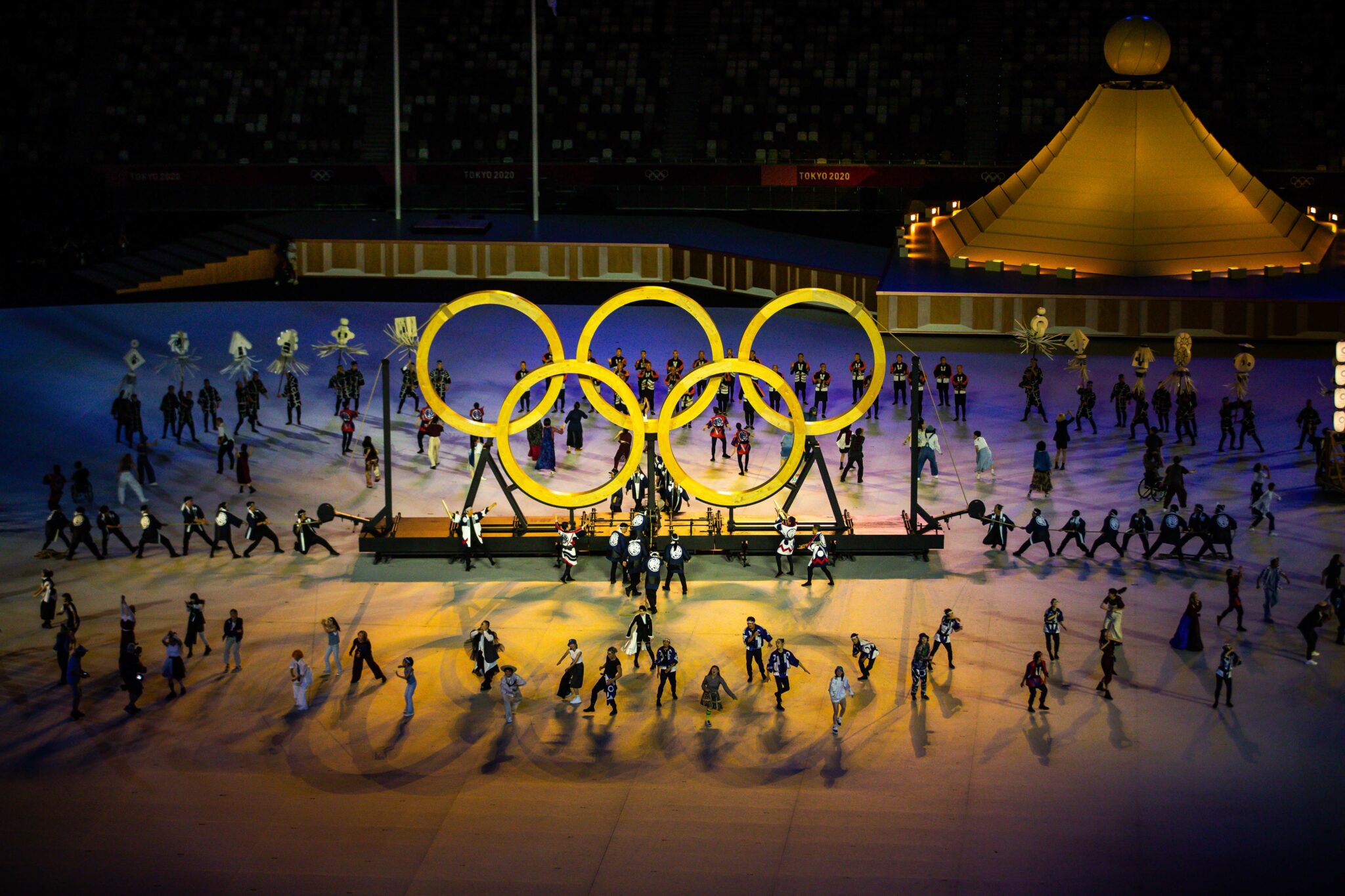The Paris 2024 Olympic Games are fast approaching, and the World Aquatics organization has recently made changes to its universality requirements. Previously, athletes were required to have competed in the 2023 or 2024 World Aquatics Championships to be eligible for universality. However, this requirement has now been removed.
The decision to remove this requirement was made after the conclusion of the 2023 and 2024 World Aquatics Championships. This adjustment is part of a broader overhaul to the universality system, with other changes including sending athletes with the highest FINA Points Table score and limiting eligibility to athletes who are under the age of 30 as of December 31st, 2024 and have not competed in more than two Olympic Games in their career.
One of the outcomes of these changes is that swimmers like Malaysia’s Phee Jing En, who have previously benefitted from the universality system, may no longer be eligible for universality in the future. These adjustments place a greater emphasis on domestic development of young swimmers, encouraging national federations to focus on nurturing new talent rather than repeatedly sending the same athletes to the Games.
Universality athletes still hold a higher priority in the Olympic quota than swimmers with “B” standards, with a 26-spot reduction from the previous Games in Tokyo. The deadline for universality applications for the Paris 2024 Olympic Games is June 24th,

